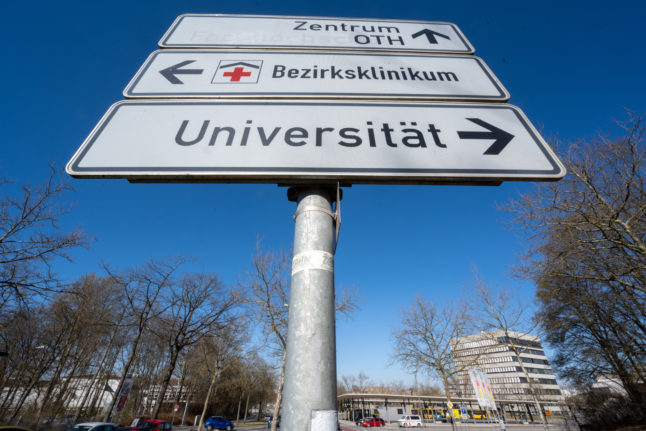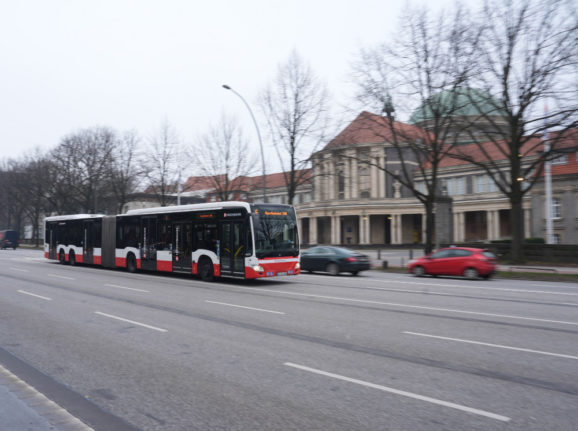The Education Ministry is set to increase support for young people who take part in the Erasmus+ scheme – a programme for students who want to spend a semester abroad in another EU country, or the UK.
According to Education Minister Bettina Stark-Watzinger (FDP), €57 million from the European Social Fund will be used to boost the living allowance for students studying in a foreign country.
“This will enable us to provide higher support for up to 13,700 more young people,” she said.
The news comes just a few months after the traffic-light coalition of the Social Democrats (SPD), Greens and Free Democrats (FDP) announced it would be hiking the basic scholarships available under the exchange programme.
From the coming winter semester onwards, the basic funding for Erasmus+ participants will range from €490 to €600, depending on which country students are studying in.
In addition, students who have a disability or come from a non-academic home can receive an extra €250 per month to live on.
Stark-Watzinger said the additional funding would open a “new chapter in the 35-year success story of the European social exchange”.
What is the Erasmus scheme?
The Erasmus scheme is an EU student exchange programme aimed at improving the prospects of young people in the European Union and fostering a sense of European identity.
First founded in 1987, the name refers to the famous Dutch humanist philosopher, Desiderius Erasmus, and also functions as an acronym for ‘European Community Action Scheme for the Mobility of University Students’.
The scheme has gone through various rebrands in its 35-year history, but it continues to allow bachelors, masters and PhD students studying in EU member states to transfer to a foreign university for a minimum of two months and a maximum of 12 during their studies.
Students can also complete work experience opportunities and traineeships abroad under the scheme.
And it’s not just EU states that take part in the programme: under Erasmus+, students can travel to any of the 27 member states as well as Norway, North Macedonia, Iceland, Lichtenstein, Serbia and Turkey.
Since leaving the EU in 2021, the UK is no longer part of the scheme and has instead set up its own exchange programme, known as the Turing scheme.
READ ALSO:




 Please whitelist us to continue reading.
Please whitelist us to continue reading.
Member comments